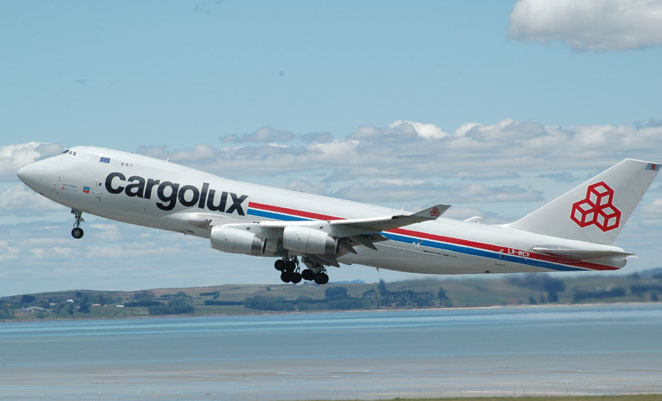
UNICEF, the United Nations agency providing humanitarian and medical relief to children, has reportedly held talks with around 40 airlines to discuss their involvement in the future COVID-19 vaccine supply chain.
The meeting was said to include cargo airlines, couriers, passenger airlines with cargo divisions, and passenger carriers that would be able to use their passenger aircraft to carry vaccines.
The talks focused primarily on the establishment of networks covering Africa and part of Asia, where scheduled air cargo coverage is the scarcest and would fall far from short of requirements.
The meeting was co-ordinated by the International Air Transport Association (IATA), and concerned the division of commercial roles once the vaccine is approved for distribution.
UNICEF is already the world’s largest individual buyer of vaccines for its mass vaccination programs in poorer countries around the world.
It supplies over two billion doses of various vaccines per year. It is planning to fund and distribute COVID-19 vaccines to over 90 countries that are unable to acquire enough doses out of their own pockets.
The discussions with airlines formed part of a larger UNICEF operation that brought together over 350 logistics partners, including air freight operators, shipping lines and global logistics associations.
“As work continues to develop COVID-19 vaccines, UNICEF is stepping-up efforts with airlines, freight operators, shipping lines and other logistics associations to deliver life-saving vaccines as quickly and safely as possible,” said Etleva Kadilli, director of UNICEF’s supply division.
“This invaluable collaboration will go a long way to ensure that enough transport capacity is in place for this historic and mammoth operation. We need all hands on deck as we get ready to deliver COVID-19 vaccine doses, syringes and more personal protective equipment to protect front line workers around the globe.”
It comes following the news that two major drug manufacturers have finalised trials of COVID-19 vaccines, both with over 90 per cent efficacy in clinical settings.
Distributing a COVID-19 vaccine around the world is set to be one of the biggest logistical challenges for the airline industry in the post-COVID environment, in light of the critical role airlines play in the vaccine distribution ‘cold chain’.
The IATA has recently estimated that the global distribution of the COVID-19 vaccine would require a capacity equivalent to 8,000 Boeing 747 freighters.
The delivery of vaccines, once available, is expected to be particularly problematic in areas with limited storage facilities and poor air connectivity.
Further, the IATA has flagged that ongoing international border closures will make the feat of vaccine distribution more difficult by limiting flight capacity and manpower.
“If borders remain closed, travel curtailed, fleets grounded and employees furloughed, the capacity to deliver life-saving vaccines will be very much compromised,” the IATA said.
Airlines will also need to ramp up preparations quite quickly, with recent surveys suggesting only 28 per cent of air cargo operators are adequately prepared to distribute a vaccine, while only 15 per cent of the total airline industry currently have the infrastructure in place to transport vaccines at sub-zero temperatures.
Additional reporting by Airlinerwatch




